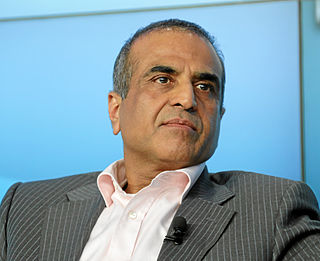A Quote by Tim Berners-Lee
Most larger companies now see that for the market to grow, Web infrastructure must be royalty-free.
Related Quotes
The Web took off in all its glory because it was a royalty-free infrastructure . . . When I invented the Web, I didn't have to ask anyone's permission. Now, hundreds of millions of people are using it freely. I am worried that that is going to end in the U.S.A. If we had a situation in which the U.S. had serious flaws in its Net Neutrality, and Europe did have Net Neutrality, and I were trying to start a company, then I would be very tempted to move.
The reason we have so much talent in Silicon Valley building and investing in for-profit technology companies is that markets richly reward successful ideas, no matter who invents them. But to remain competitive in a free market, companies must exercise discipline to meet quantitative goals and eventually become cashflow positive.
We must continue to liberalise the single market, cut red tape and basically create a digital single market. We have not completed the single market yet, there is not sufficient free movement of goods, labour, services and money. We have to keep on working at that against all the protectionist tendencies that we have right now.
Booksellers are tied to publishing - they need conventional publishing models to continue - but for those companies, that's not the case. Amazon is an infrastructure company; Apple sells hardware; Google is really an advertising company. You can't afford as a publisher to have those companies control your route to market.



































